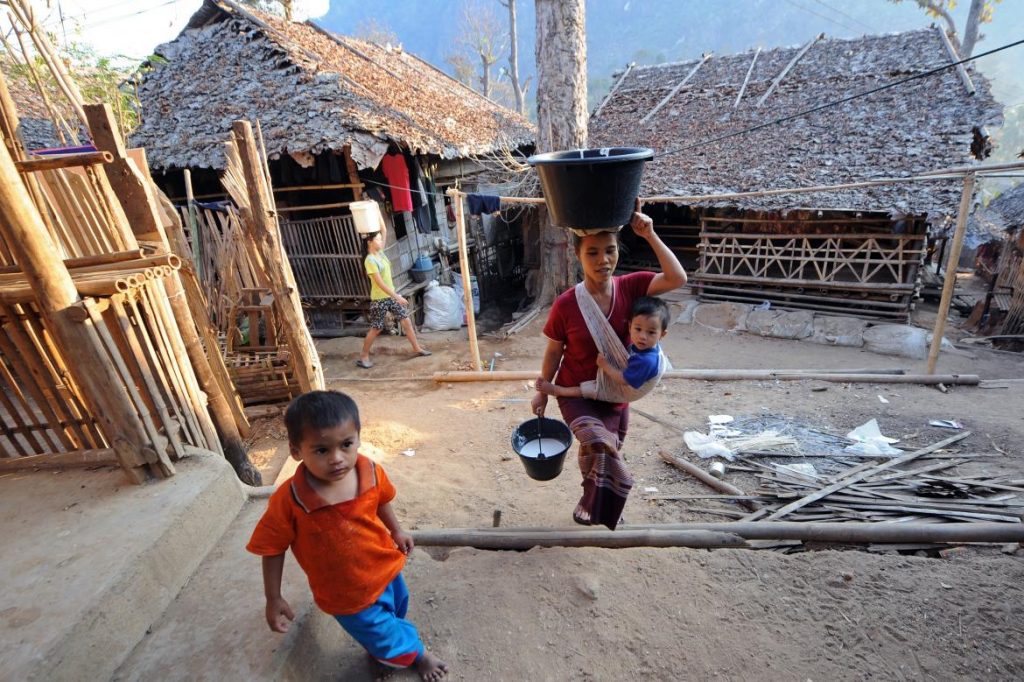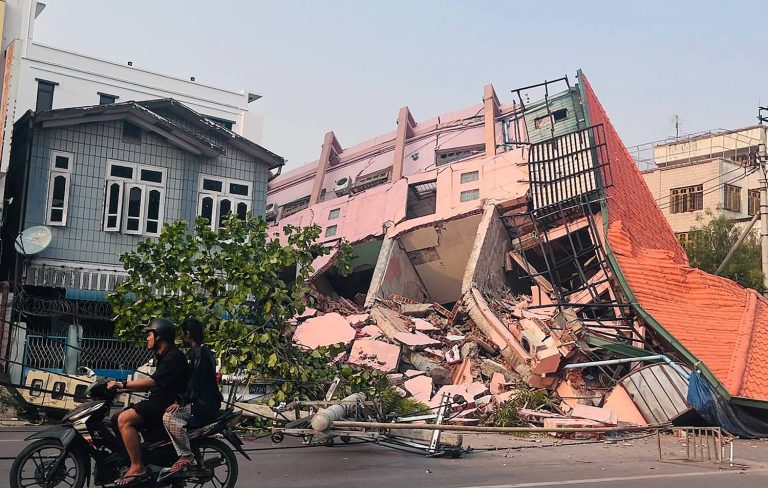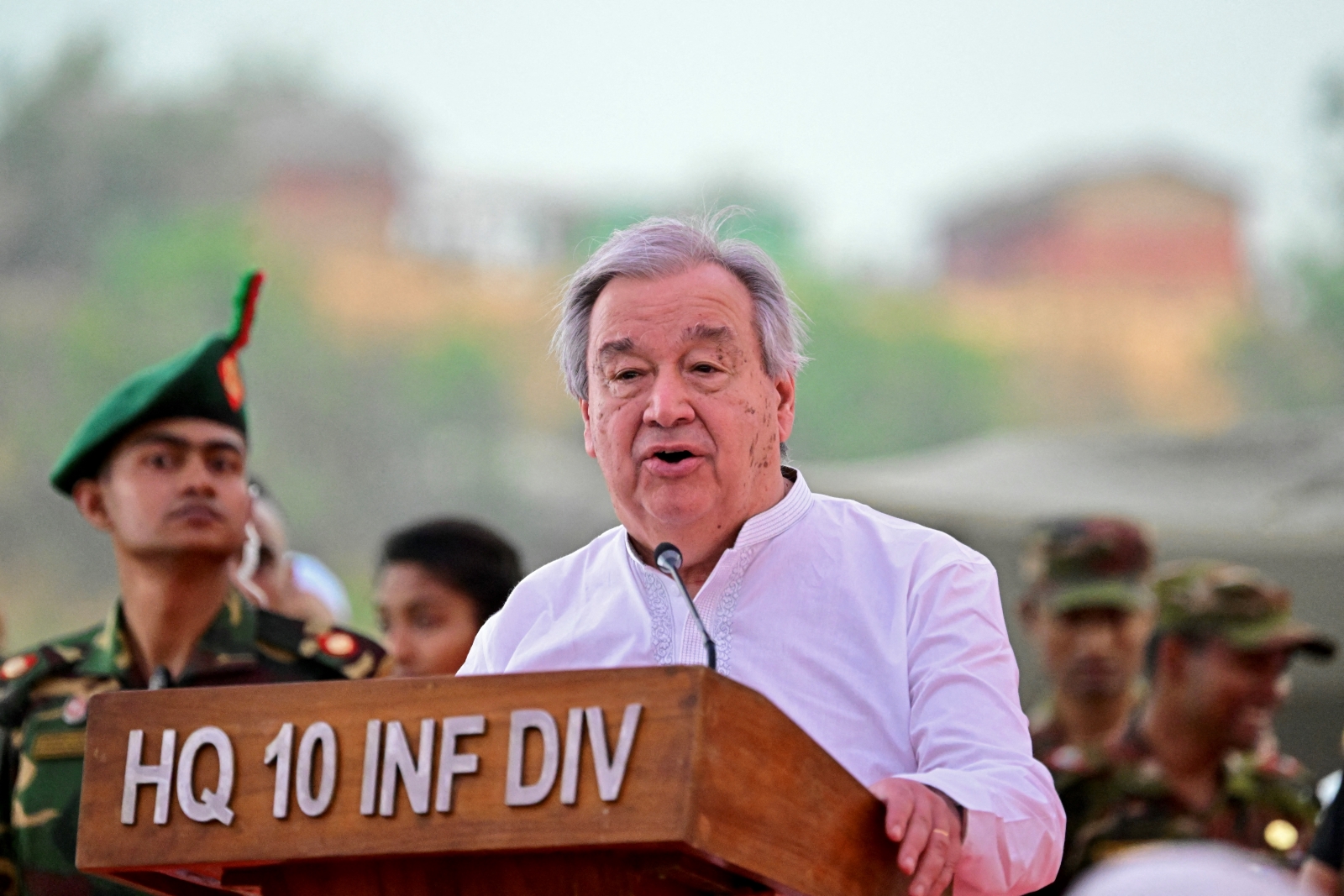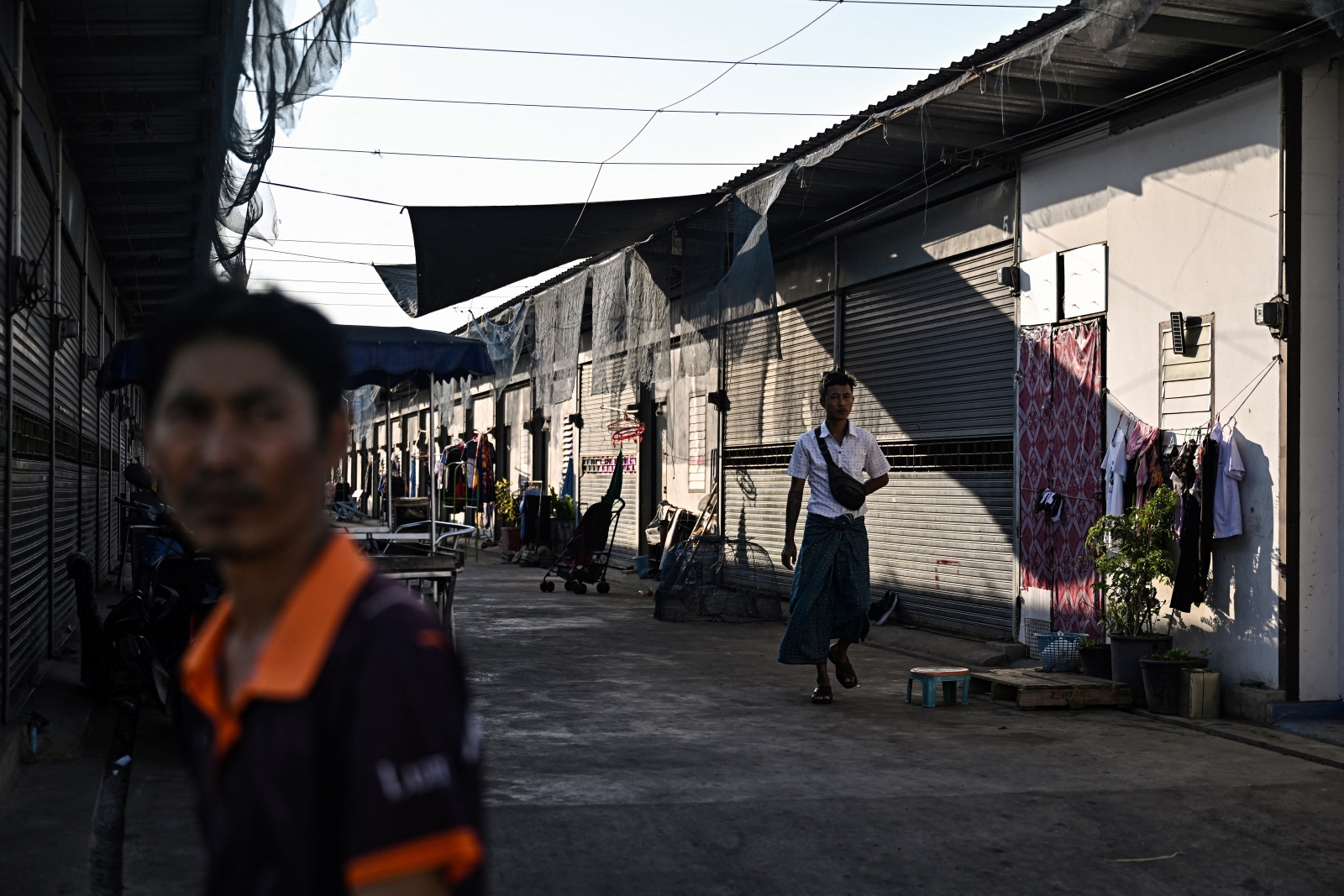By AFP
BANGKOK — Sixty-five war refugees returned to Myanmar on Wednesday from Thai border camps, the United Nations said, in the first formal repatriation scheme for exiles trapped in limbo between the two countries.
Thailand has sheltered tens of thousands of Myanmar refugees since the early 1980s, when families began fleeing Kayin State to escape a brutal counter-insurgency campaign.
But Thailand does not legally recognise refugees or offer asylum, while safety fears and a lack of land rights across the border have left many Karen exiles unconvinced about returning despite the end of junta rule.
Sixty-five people crossed back on Wednesday, according to the United Nations High Commissioner for Refugees (UNHCR) and Thailand’s Ministry of Foreign Affairs, a day after a family of six left.
Support more independent journalism like this. Sign up to be a Frontier member.
“Many say they feel encouraged by the reforms in Myanmar and see a better future for themselves and their families back home,” said Vivian Tan, a Thailand-based spokesperson for UNHCR.
This scheme is the first voluntary repatriation backed by both governments and supported by international aid groups, who are assisting with transportation and resettlement.
But the conditions are not yet right for a mass exodus, Tan added, urging Myanmar to further de-mine its borders and move forward with a fledgling peace process.
Several thousand refugees from the Thai camps have slipped home on their own since Myanmar began a democratic transition in 2011 that saw the former junta-run country embrace free elections and loosen the military’s grip on power.
A 2012 ceasefire between the army and ethnic Kayin rebels also significantly eased violence.
State Counsellor Daw Aung San Suu Kyi, has devoted her first few months in power to organising peace talks between the army and dozens of rebel leaders.
But despite a much-vaunted summit in August, the military continues to clash with a myriad of ethnic militias around the country.
Last month fresh fighting broke out between the army and a splinter rebel group in Kayin State, displacing thousands of people.
The Karen Refugee Committee, which helps manage the Thai camps, stressed the ongoing unrest and cautioned against clearing the facilities too quickly.
“The government needs to stop fighting with ethnic groups in all areas. Without that, how could we trust them?” said committee spokesperson Blooming Night Zan.
While Thailand does not give citizenship to people in camps it has allowed the UNHCR to resettle tens of thousands of them to third countries over the past decade.
But new refugees have also trickled in during that time, with more than 100,000 still living in the nine remote camps sprawled across the two countries’ mountainous border.







